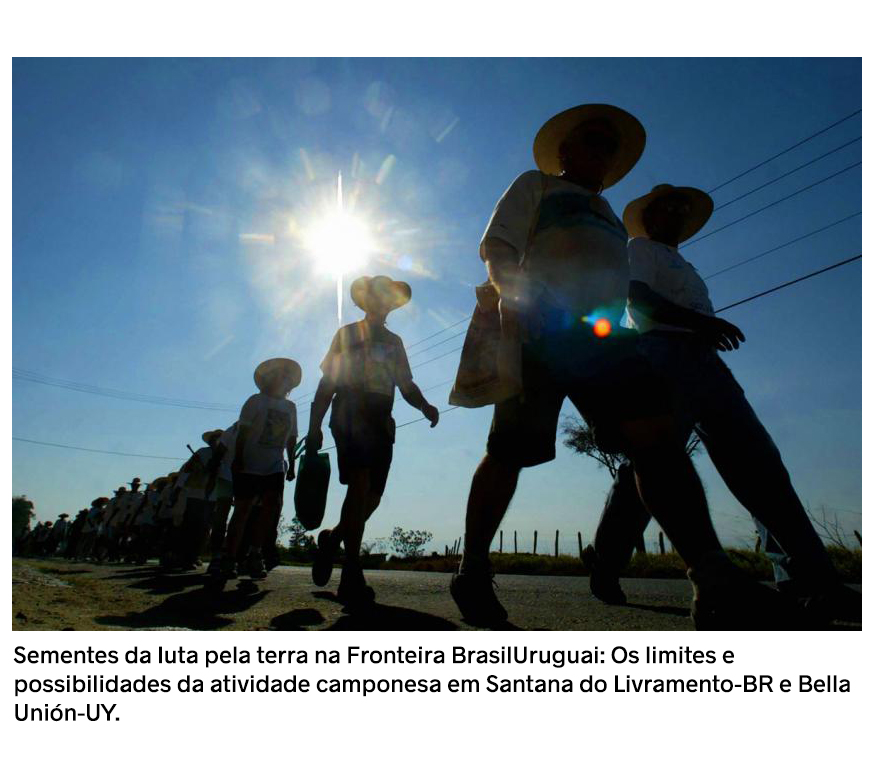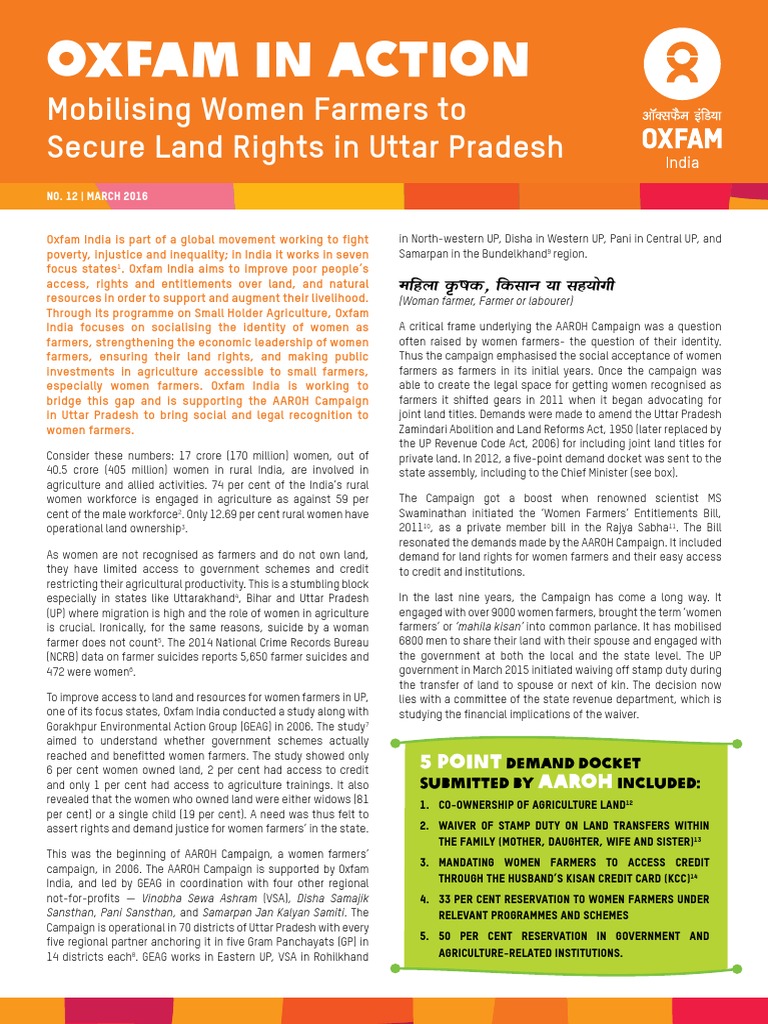Understanding Land Investment Deals in Africa. Country Report: Zambia
Includes country context, characteristics of land investment, how land is acquired, impacts. Several large hedge and equity funds are involved in acquiring land, farm blocks are plagued by problems, there is lack of consultation, no transparency, little protection for small-scale farmers, and serious concerns about conversion of land from food to agrofuel production








